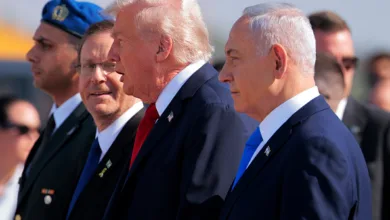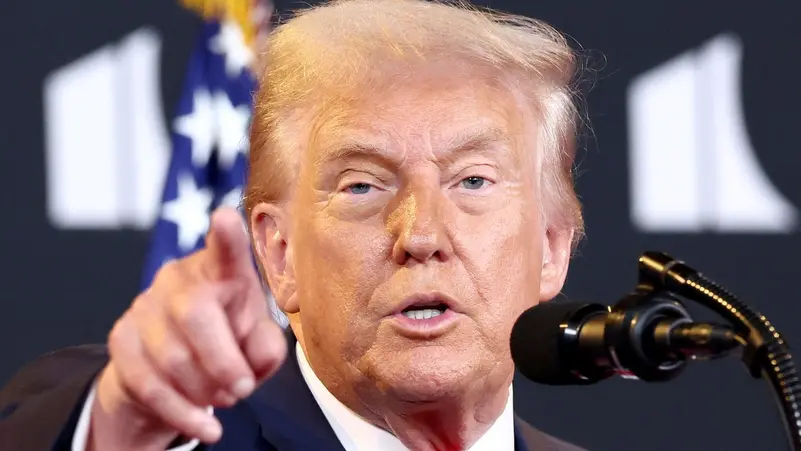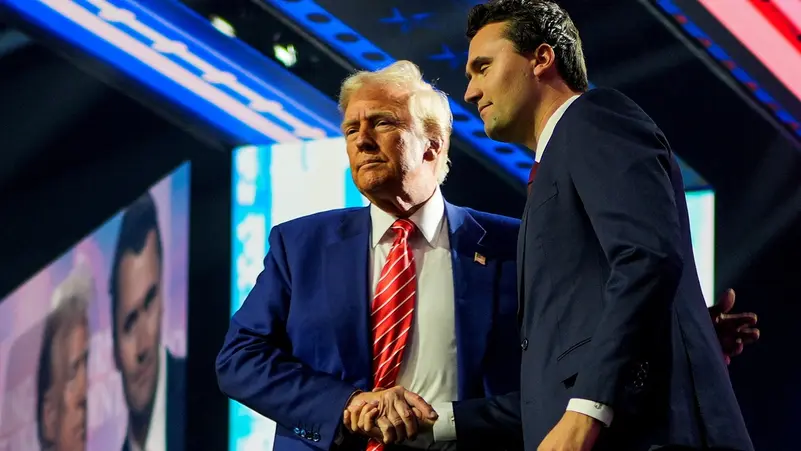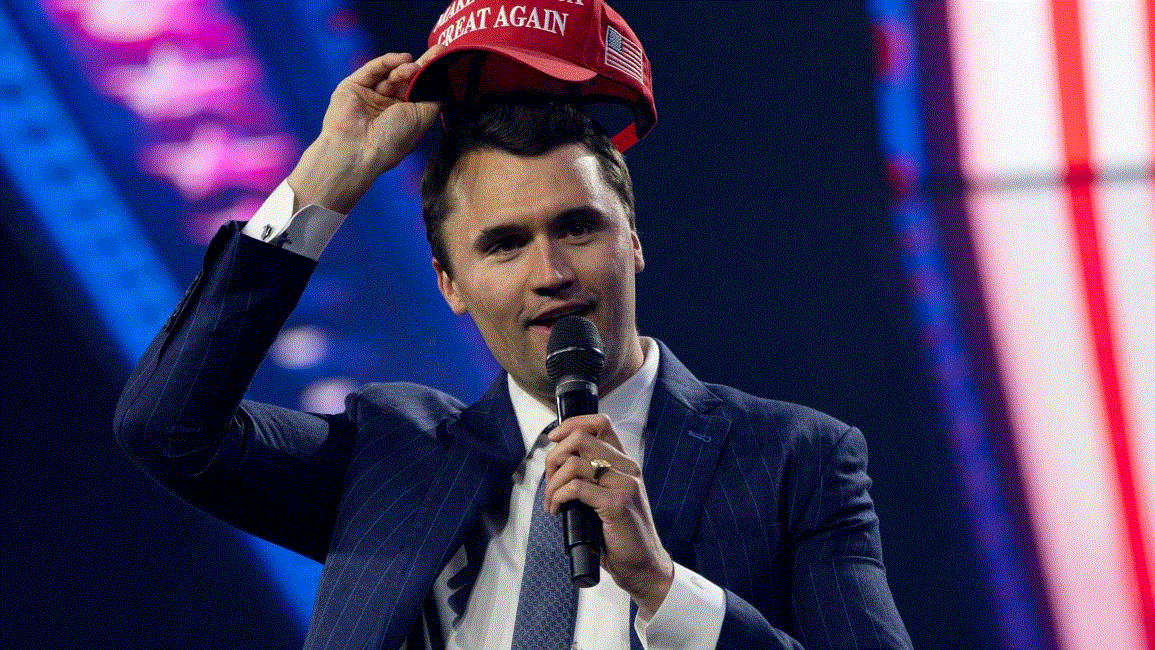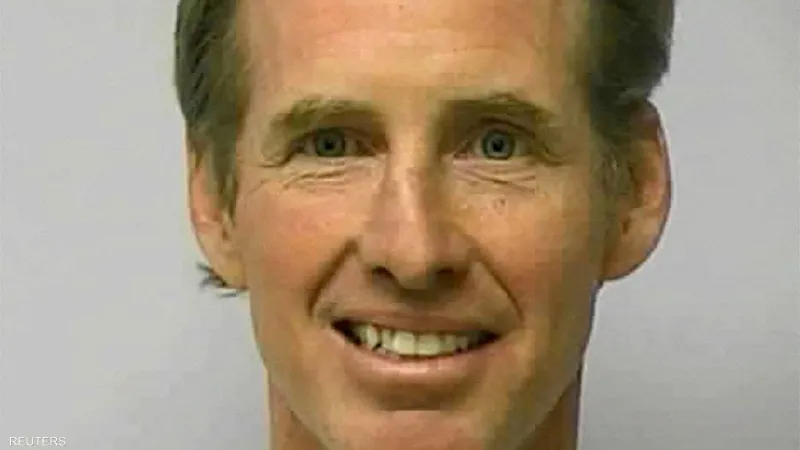Trump–Zelenskyy Meeting and Transatlantic Relations: A New Turning Point in Global Politics
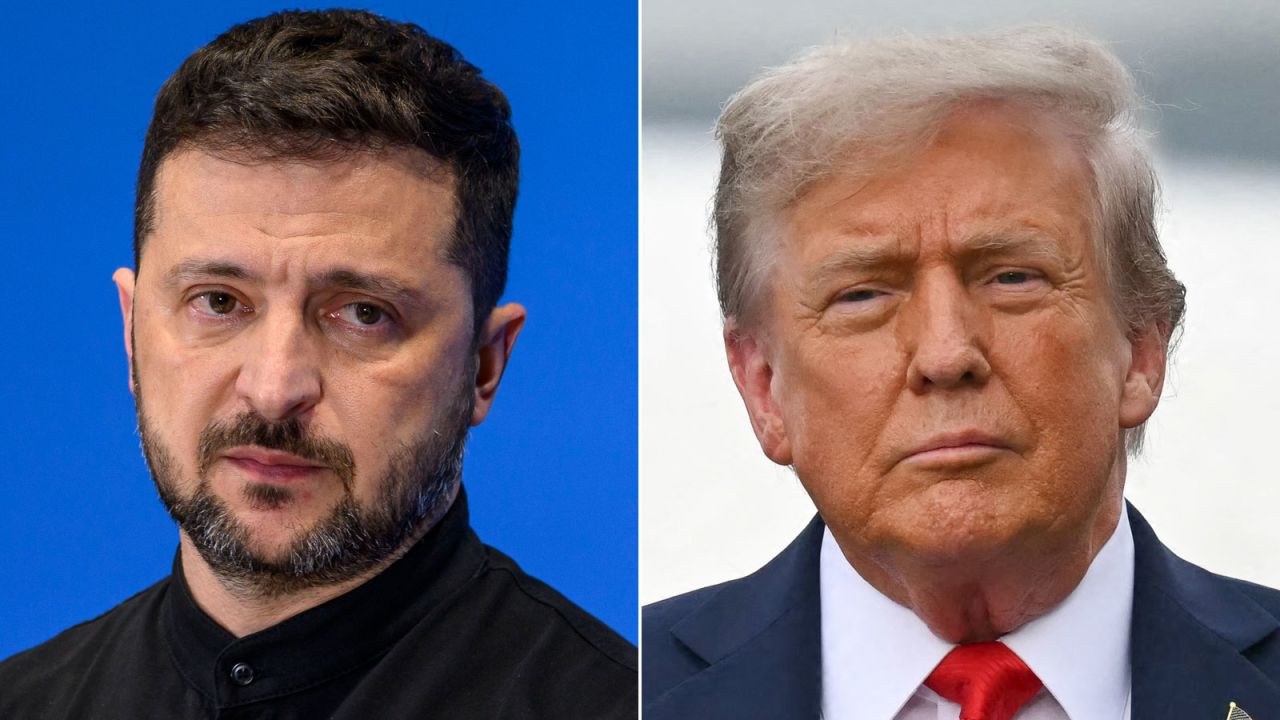
In the world of modern politics, few events draw as much global attention as high-level meetings between American presidents and European leaders. The recent encounter between former U.S. President Donald Trump and Ukrainian President Volodymyr Zelenskyy, attended by key European officials, has generated a wave of political discussion. This meeting was not only about the war in Ukraine but also about redefining transatlantic cooperation, global diplomacy, and the balance of power in Europe.
In this article, we will explore the significance of this meeting, how it reflects larger geopolitical dynamics, and what it means for the United States, Europe, and the world. We will also analyze its impact on the global economy and why it has become one of the most discussed Breaking News events of the year.
The Context of the Meeting
A Historic Confrontation
The meeting came at a time when the war in Ukraine continues to dominate international headlines. Trump’s stance on U.S. involvement in foreign conflicts, coupled with European security concerns, created a highly anticipated diplomatic environment.
Trump’s clear statement that American troops will not be deployed to Ukraine reflects his long-standing belief in reducing military entanglements abroad. However, the United States remains a critical player, providing diplomatic, financial, and strategic support.
This moment placed Trump News at the center of global attention, reinforcing the former president’s enduring influence on American and international politics.
U.S. Commitment Without Direct Military Action
Trump’s declaration that there will be “no U.S. boots on the ground” in Ukraine was widely reported across U.S News outlets. However, the statement was carefully balanced with an openness to aerial support and enhanced security guarantees.
Implications for U.S.–Europe Relations
-
Military strategy: While American ground forces are excluded, air defense systems, intelligence sharing, and logistical assistance remain on the table.
-
Political alignment: European leaders, while relieved to hear of continued American commitment, also realize the need to strengthen their own military capabilities.
-
Public opinion: Within the United States, Trump’s cautious approach reflects the public’s growing skepticism toward foreign wars.
This shift signals a new model of transatlantic cooperation: one where the U.S. provides strategic backing but expects Europe to shoulder more responsibility.
Europe’s Position in a Changing World
The meeting also revealed how European leaders are trying to balance their reliance on the U.S. with their desire for independent security structures. For the World, this development is highly significant.
European Security Guarantees
Discussions highlighted the possibility of granting Ukraine NATO-like security assurances, even without formal membership. This would provide Ukraine with defense support while avoiding full NATO escalation.
Unity Against Russian Aggression
European states, particularly Germany, France, and Poland, emphasized their shared commitment to Ukraine’s sovereignty. Their cooperation with Trump underscores a renewed sense of unity across the Atlantic, despite past tensions.
Zelenskyy’s Strategic Role
Ukrainian President Volodymyr Zelenskyy’s diplomacy was critical in this meeting. He managed to highlight Ukraine’s resilience, its demand for security guarantees, and its willingness to negotiate peace only under fair terms.
Key Outcomes for Ukraine
-
Assurance of financial and humanitarian support.
-
Strengthened political legitimacy in Europe and the U.S.
-
A stronger platform in future peace talks.
For Zelenskyy, the meeting was not just about aid—it was about securing Ukraine’s place in the European security framework for decades to come.
Global Economic Implications
The meeting between Trump, Zelenskyy, and European leaders was not limited to politics. It also carried weighty consequences for the Economy.
Energy Markets
Discussions on Russian energy exports, European energy independence, and U.S. energy policy immediately influenced oil and gas markets. Breaking headlines about energy deals often trigger volatility, and this event was no exception.
Trade and Sanctions
Sanctions against Russia and potential trade deals between the U.S. and European Union were key points. Investors are closely watching these developments, knowing they can reshape international commerce.
Financial Confidence
Whenever such high-level political discussions occur, stock markets react. In this case, European indexes showed cautious optimism, while Wall Street remained attentive to policy signals.
Media and Public Reactions
The global media portrayed the meeting as a diplomatic milestone. Breaking News headlines captured the symbolism of Trump sitting alongside Zelenskyy, signaling that Ukraine’s fate remains central to global politics.
Public reactions varied:
-
Supporters praised Trump’s cautious but supportive stance.
-
Critics argued that avoiding full military engagement could weaken deterrence against Russia.
-
Europeans largely welcomed the dialogue but pressed for stronger commitments.
Challenges Ahead
Despite the progress, challenges remain.
-
Russian response: Moscow’s reaction to the meeting will determine whether the conflict escalates or moves toward negotiation.
-
European unity: Internal divisions within the EU could undermine collective action.
-
American politics: With U.S. elections approaching, Trump’s position may shift depending on domestic pressures.
These challenges highlight the fragile balance of international diplomacy.
A New Model of Transatlantic Cooperation
This meeting may be remembered as the start of a new era in transatlantic relations. Rather than the U.S. acting as the sole protector of Europe, both sides are working toward shared responsibility.
-
The U.S. provides strategic support.
-
Europe builds independent military and political capacity.
-
Ukraine gains guarantees that ensure long-term stability.
This dynamic reflects broader changes in world order, where global power is distributed more evenly.
The Trump–Zelenskyy meeting, alongside European leaders, marks a defining moment in global politics. It reflects a shift in how the United States and Europe handle crises, how Ukraine positions itself as a resilient nation, and how the World prepares for future challenges.
For the global Economy, these decisions influence markets, trade, and financial stability. For politics, they redefine alliances and responsibilities.
As breaking headlines continue to shape international affairs, this event underscores one truth: diplomacy, cooperation, and strategic foresight remain the most powerful tools in navigating global crises.
